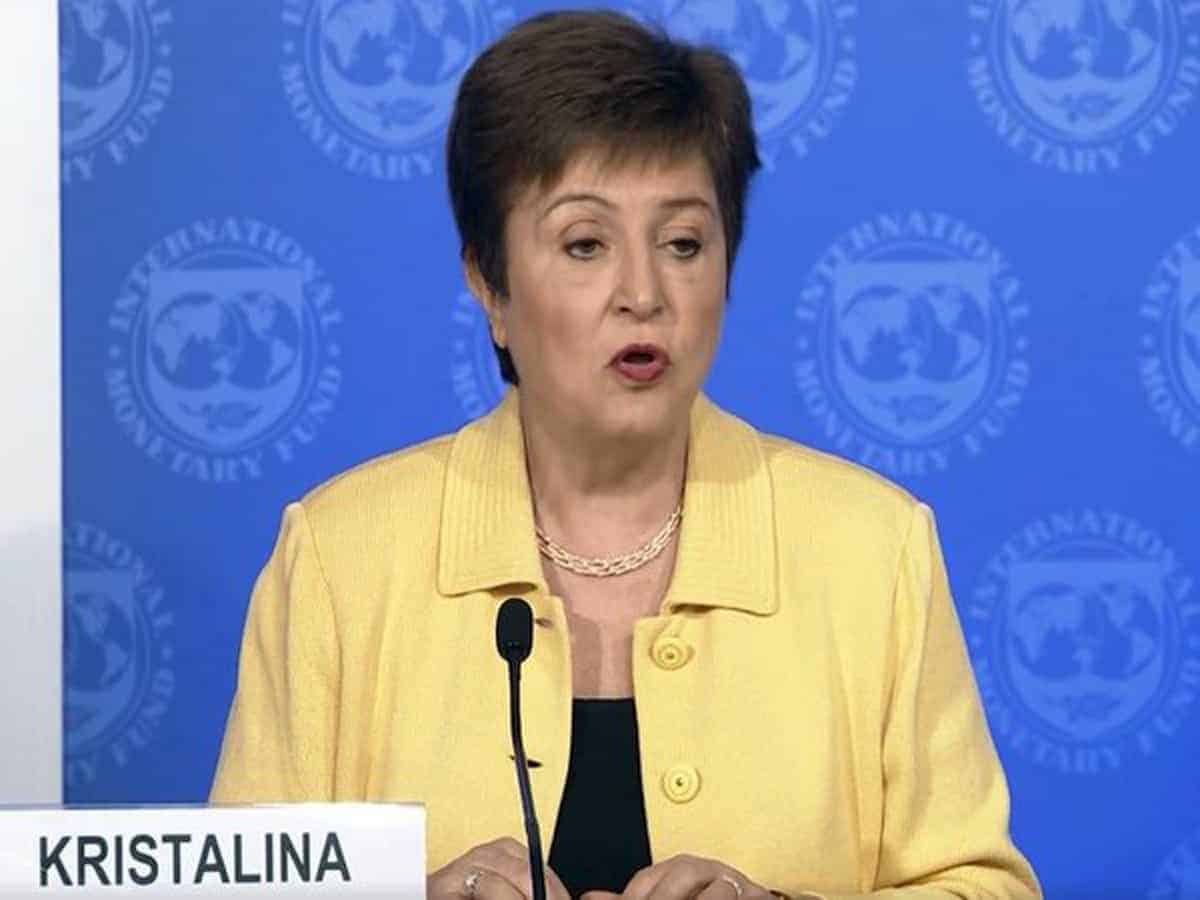Washington: The International Monetary Fund (IMF) is making available about 50 billion dollars through its rapid-disbursing emergency financing facilities for low income and emerging market countries that could potentially seek support to combat the spread of coronavirus.
Of this, 10 billion dollars is available at zero interest for the poorest members through the rapid credit facility.
“We all recognise that the situation with the spread of the coronavirus is very serious and could well get worse. This affects us all,” said IMF Managing Director Kristalina Georgieva here on Wednesday (local time).
“We know that the disease is spreading quickly. With over one-third of our membership affected directly, this is no longer a regional issue — it is a global problem calling for a global response,” she said.
Under any scenario, said Georgieva, global growth in 2020 will drop below last year’s level. “How far it will fall, and for how long, is difficult to predict, and would depend on the epidemic, but also on the timeliness and effectiveness of our actions.”
Georgieva said this is particularly challenging for countries with weaker health systems and response capacity — calling for a global coordination mechanism to accelerate the recovery of demand and supply.
The number one priority in terms of fiscal response is ensuring front-line health-related spending to protect people’s well-being, take care of the sick, and slow the spread of the virus.
“I can’t emphasise enough the urgency of stepping up health-related measures — and the need to ensure the production of medical supplies so that supply is at par with demand,” said Georgieva.
Second, macro-financial policy actions may be required to tackle the supply and demand shocks. A generalised weakening in demand through confidence and spillover channels — including trade and tourism, commodity prices, and tighter financial conditions — will call for an additional policy response to support demand and ensure an adequate supply of credit.
Third, said Georgieva, adequate liquidity will also be needed to offset financial stability risks.
“The IMF is fully committed to supporting our member countries, particularly the most vulnerable. We have the tools to help and we are coordinating closely with our partner institutions,” she said.

